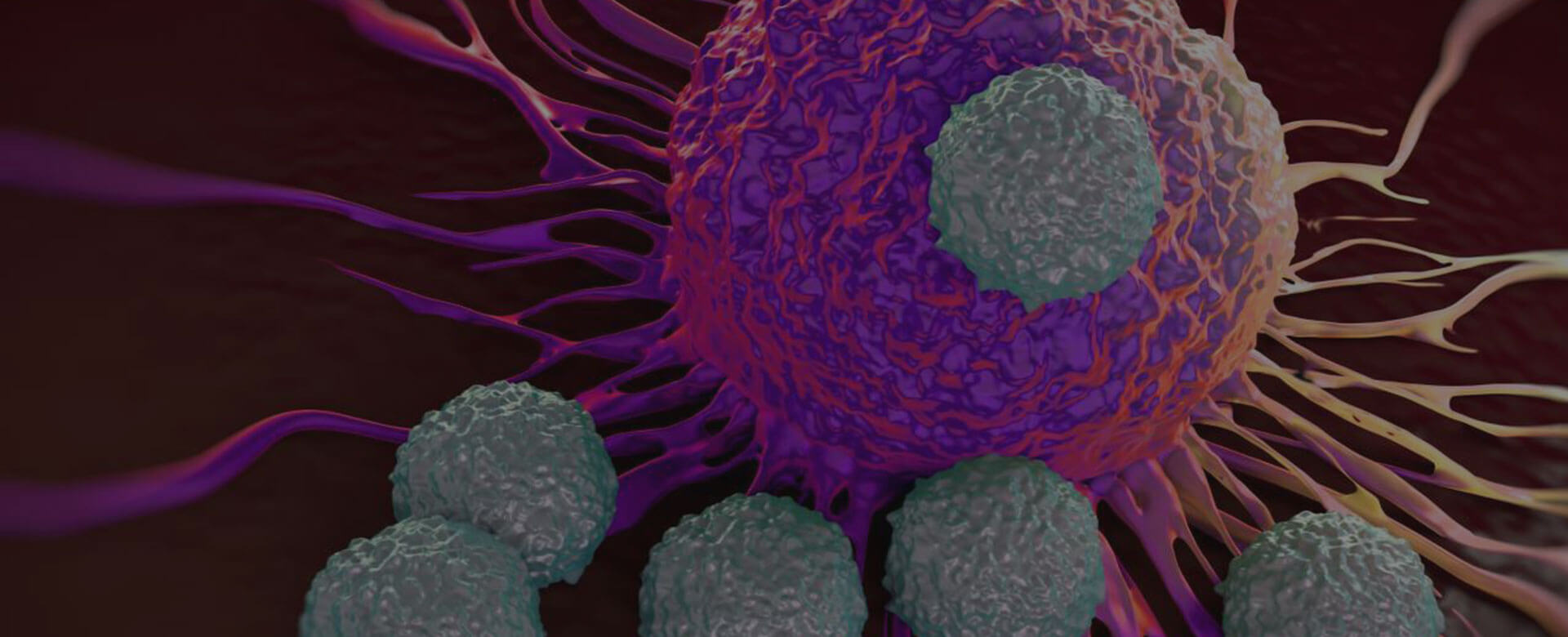NK cells (that is, Natural Killer cells) are a subpopulation of white blood cells which can be employed in cancer therapy. They are present in umbilical cord blood. Let’s discover new perspectives opened by scientific research.
Immune system and cancer
NK cells are part of the immune system. Nowadays, media are continuously reporting on new cancer therapies based on its action. They are not strictly pharmacological therapies, but complex treatments derived from recent developments in gene therapy. There are many expectation about their application.
MolMed research: cancer therapy and T cells
MolMed, a biotech company working on the development of gene and cell therapy, recently obtained the permission of Aifa (the Italian drug agency) to test in humans its treatment based on CAR T cells (Chimeric Antigen Receptor T Cells), that is genetically modified cells derived from patient white blood cells – in particular, T cells.
CAR T cells: T cells boosted against cancer
White blood cells usually recognize and attack malignant cells. However, cancer cells can escape immune system action. MolMed researchers developed a new CAR T-based therapy in which patient T cells are genetically modified to specifically recognize cancer cells and transplanted into the same patient.
CAR NK cells, the future of cancer therapy
CAR T cells are particularly efficient against cancer. However, nowadays cancer therapy based on their action is hindered by some obstacles and presents complications: it is more effective on blood cancer than on solid cancer treatment; it can excessively stimulate the immune system, eliciting a potentially fatal reaction (the so-called “cytokine release syndrome”); patient-tailored therapy cost is very high. Moreover, CAR T cells production can require several weeks, and clinically relevant amount of cells are not always obtained.
Production cost reduction could be possible by generating allogeneic CAR T cells, that is CAR T cells obtained by genetically modification of a donor T cells. However, donor T cells transplantation could elicit the so called graft-versus-host disease (GvHD), a complex reaction of donor’s immune cells against recipient’s tissues and organs.
CAR NK cells represents a compelling alternative to CAR T cells. In fact, CAR NK cells recognize cancer cells without eliciting GvHD. Moreover, CAR NK cells can be tested also on solid cancer. MolMed tested their use too.
How to preserve NK cells at birth
Given their role not only in fighting cancer but also in autoimmune reactions (e.g., in multiple sclerosis, rheumatoid arthritis and systemic lupus erythematosus), preserving a sample of NK cells is potentially really useful. From this point of view, birth is the moment in which you can ensure your son or daughter and their next of kin the future access to innovative therapies.
Parents can cryopreserve umbilical cord blood NK cells at Bioscience Institute’s Cell Factory. Thanks to a 3D four compartments bag, NK cells can be hosted for at least 20 years, during which it a multiple use of the cryopreserved sample is possible.
For more informations, visit cord blood banking webpage or call us at +378 0549909905
References
– Tang X et al. First-in-man clinical trial of CAR NK-92 cells: safety test of CD33-CAR NK-92 cells in patients with relapsed and refractory acute myeloid leukemia. Am J Cancer Res. 2018 Jun 1;8(6):1083-1089. PMCID: PMC6048396
– Daher M and Rezvani K. Next generation natural killer cells for cancer immunotherapy: the promise of genetic engineering. Curr Opin Immunol. 2018 Apr;51:146-153. doi: 10.1016/j.coi.2018.03.013
– Li Y et al. Human iPSC-Derived Natural Killer Cells Engineered with Chimeric Antigen Receptors Enhance Anti-tumor Activity. Cell Stem Cell. 2018 Aug 2;23(2):181-192.e5. doi: 10.1016/j.stem.2018.06.002

